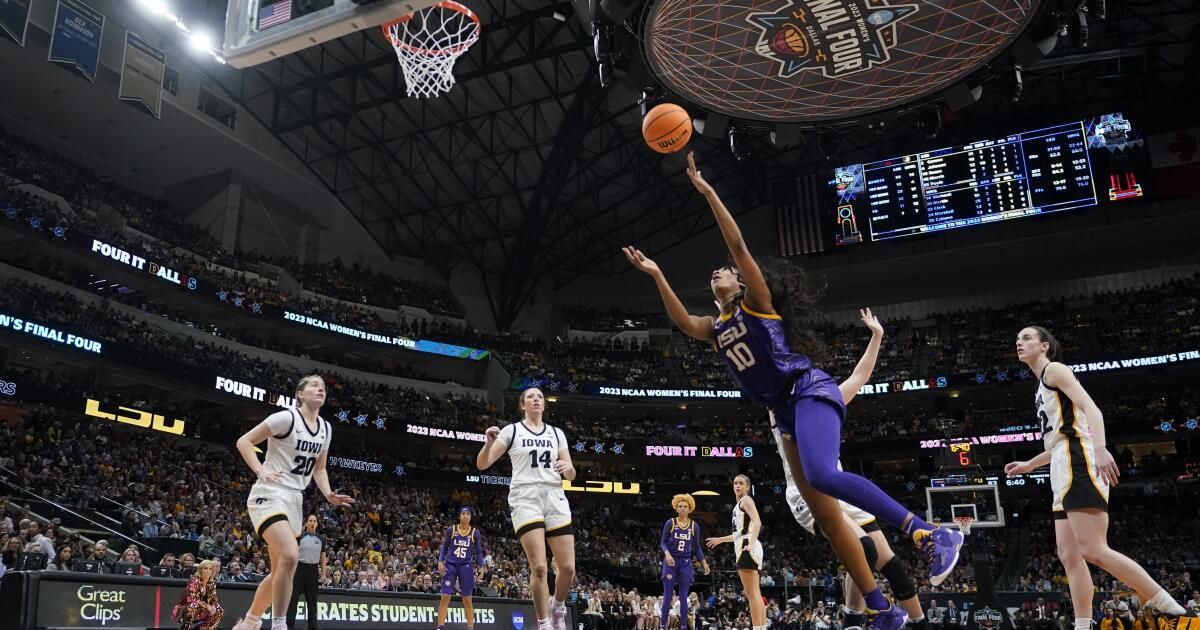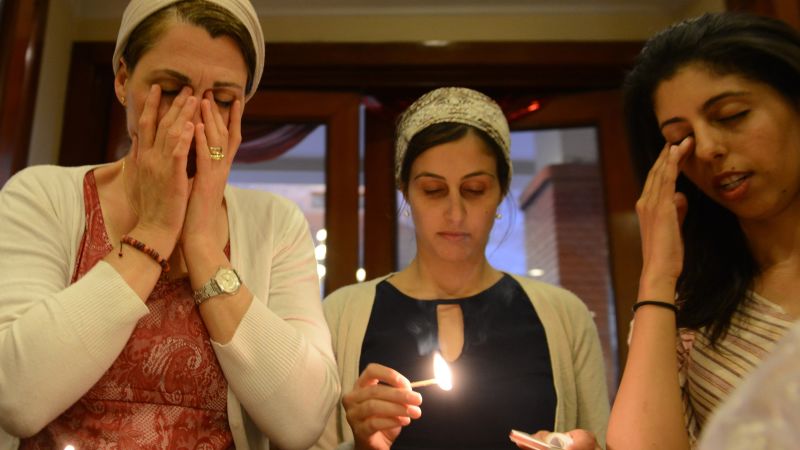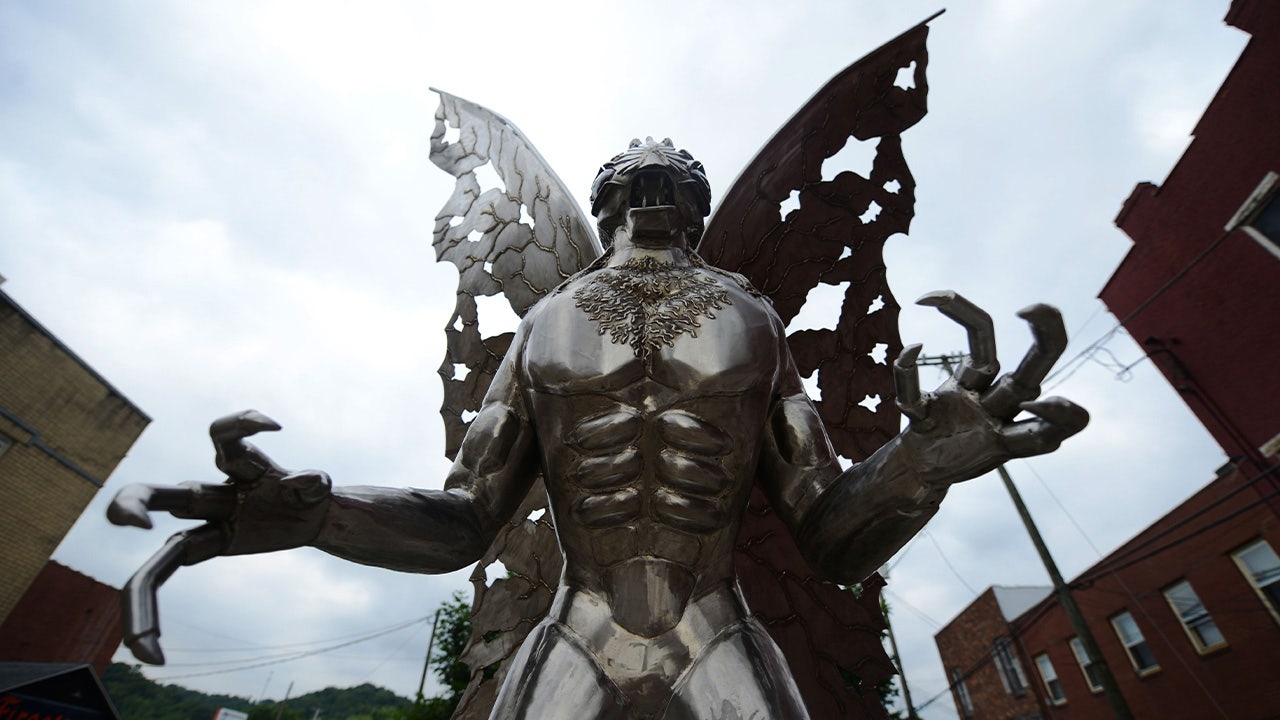ESPN used its exclusive negotiating window to reach an eight-year, $920 million deal with the NCAA on Thursday, a deal that extends a relationship that began when ESPN launched in 1979 and has proven lucrative for both sides ever since.
The new deal, valued at $115 million a year, demonstrates that even in a fragmented media landscape, content is king and college sports attract a significant and growing television audience on cable and streaming.
The deal is worth about three times the annual value of the current deal, and the NCAA said production and marketing costs borne by ESPN would add another $25 million to $30 million per year. A little more than half of the money (about $65 million a year) will go to women’s basketball, which despite discussions about whether the sport would strike its own deal remained in the package.
The largest audience for a women’s college basketball game was last year’s NCAA championship game between LSU and Iowa, and the same was true for the women’s volleyball final in December between Texas and Nebraska. The basketball game attracted nearly 10 million viewers on ESPN+.
The NCAA and ESPN announced that the agreement will take effect on September 1, will extend through 2032 and will include 40 NCAA championships: 21 women’s and 19 men’s. Among the increasingly popular sports, in addition to women’s basketball and volleyball, are baseball and softball.
Many of the events will air on ABC, which, like ESPN, is owned by Walt Disney Co. More than 2,300 hours of NCAA championships will appear annually on linear and digital platforms combined, ESPN said.
The NCAA and ESPN moved quickly to reach a deal before other potential suitors could join the fray. ESPN had exclusive negotiating rights over the summer.
“The NCAA has worked seriously over the past year to ensure that this new broadcast agreement provides the best possible outcome for all NCAA championships, and particularly the women’s championships,” NCAA President Charlie Baker said in a statement. a statement. “Over the past several years, ESPN has demonstrated increased investment in NCAA championship coverage.”
The negotiations were the first since ESPN and the NCAA agreed to a 12-year, $500 million deal in 2011. A clear strategy for the NCAA was to put as many sports as possible on the same platform. The package includes Division I men’s gymnastics and men’s and women’s tennis championships, as well as Division II and III men’s and women’s basketball and women’s volleyball championships.
“Having a multi-platform home to showcase our championships provides additional growth potential along with a greater experience for the spectator and our student-athletes,” Baker said.
Dealing directly with the NCAA rather than the conferences appears to be ESPN’s strategy. The network refused to bail out the Pac-12 with a deal that could have prevented the conference from dissolving, and also approved a Big Ten media rights deal, which was ultimately split between Fox, CBS and NBC.
One exception is the 10-year deal ESPN signed with the giant SEC in December that made the network the exclusive owner of the rights to the conference’s football and men’s basketball broadcasts. The next step for ESPN could be to renew the rights to the College Football Playoff. The current agreement ends in two years.
Disney executives Jimmy Pitaro and Bob Iger have indicated their desire to partner with one or more technology companies as ESPN becomes a sports broadcasting giant. Blocking a wide range of NCAA content could increase appeal.
“ESPN and the NCAA have enjoyed a strong, collaborative relationship for more than four decades, and we are delighted that it will continue as part of this new long-term agreement,” Pitaro said in a statement. “ESPN networks and platforms will exclusively feature a record number of championships, including every round of several marquee events that we, along with the NCAA, have grown over time.”
Missing from the contract is the NCAA’s most lucrative event: the Division I men’s basketball tournament, also known as March Madness. Paramount Global and Warner Bros. Discovery have a deal with the NCAA for the event that runs through 2032 and pays nearly $900 million a year to broadcast the games on CBS and the Turner cable networks.












